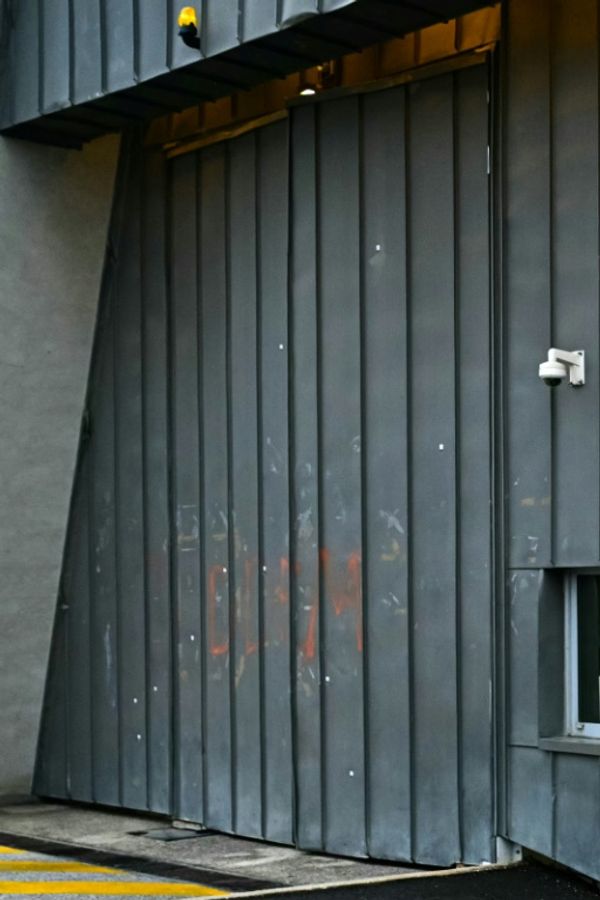
Sometimes the scoreboard doesn’t lie. Want to take a quick guess when England last scored in excess of 20 points at Murrayfield? Here’s a clue: Hey Ya! by Outkast was number one in the UK charts that month, Mark Zuckerberg had just launched Facebook from his student bedroom and Sir Clive Woodward was still their head coach. Edinburgh is a beautiful city but it seldom sees the best of England’s attacking game.
Yes, the weather has often been shite. True there has been the occasional good result since 2004, not least the 20-0 win under Stuart Lancaster in 2014. Even then, though, they mustered only two tries despite being overwhelmingly superior on the day. On other days their failure to keep the scoreboard ticking has proven costly and allowed Scotland to ambush them with gleeful regularity.
It should come as no real surprise then, that Steve Borthwick wants to change this familiar stuck record. Borthwick is not stupid and is well aware that, with Finn Russell at 10, Scotland will usually be good for a converted try or two. Which means that England, if they wish to stay unbeaten in this Six Nations, will probably need to tot up a score in excess of anything they have managed in Edinburgh in the past two decades.
And – hey presto – guess what? Out goes the safe-as-houses Freddie Steward and in comes George Furbank, the kind of in-form footballing full-back who might just make England ask a few more attacking questions of their own. The dependable Steward is brilliant at defusing high balls and spreading reassurance; the versatile Furbank offers something slightly different. And different is what England need if they are to make the top sides sit up in this year’s tournament.
Steward should probably have seen it coming the second Ollie Lawrence was declared fit to offer a bit more gainline thunder. Lawrence offers more of a physical midfield presence than England have enjoyed so far which, balance-wise, makes a big stopper at the back less essential. The weather forecast, for once, also suggests a cold, dry evening which could further encourage England to move the ball more. “Do we want to evolve our attack and score points? Yes, we absolutely do,” confirmed Borthwick. “The last five fixtures against Scotland have been decided by seven points or less. It is important we continue to find a way to win but at the same time continue to develop our game to be able to score more points quickly.”
This week’s shift might even have happened earlier in the tournament had Lawrence not been hors de combat and Marcus Smith been available to start at 10, as was the original plan. Northampton’s backline have been purring this winter and the 27-year-old Furbank has been a key cog with his intelligent running lines, deft distribution and all-round reliability.
He is certainly better placed to prosper than he was on his unexpected debut against a rampant France in Paris four years ago. As well as adding a few extra kilos in the right kind of places, successfully captaining the flying Saints has also bolstered his confidence. “I definitely feel like a different player now,” said Furbank. “Steve just said he wanted me to bring my game to this England team. I’m looking to be George Ford’s eyes and ears, feed information into him, dominate with ball in hand and be aggressive with that side of things.”

And the more you survey this England selection, the more it feels as if the visitors are intent on cranking things up across the board. Ellis Genge will add a bit more ball-carrying oomph, Danny Care will buzz around the fringes and George Martin should supply greater heft off the bench. Equally, they will not want to get sucked into a madcap contest that permits Russell even more space to create potential havoc.
Just as important, then, will be ensuring the revved-up visiting ‘blitz’ defence is not regularly outflanked, with Scotland’s World Cup pool defeat against South Africa offering a perfect blueprint. Scotland went in with grand designs, only to accumulate a measly three points in 80 uncomfortable minutes. The Boks’ rush defence, marshalled by England’s new guru Felix Jones, frequently left Russell nowhere to go and the Scots’ optimism duly drained away.
Five months on there are two crucial differences. The first is that England are not as powerful, strong or settled as South Africa. The second is that Scotland and Russell have had time to ponder a Plan B: using their star playmaker as a decoy sometimes, targeting the diminutive Ford and Care, enjoying more joy around the breakdown.
England, for their part, will still have Genge’s late winning score in Edinburgh four years ago in their mind’s eye. The try they might do better to recall, though, was Duhan van der Merwe’s scorching effort at Twickenham last year, when far too many English defenders were left sprawled in the winger’s slaloming wake.
You can imagine Scotland putting that clip up this week, perhaps with Don’t You (Forget about Me) by Simple Minds playing in the background. Then again if England do finally find some decent rhythm and banish their Scottish blues, they might select a different 80s classic. Promised You A Miracle, anyone?







